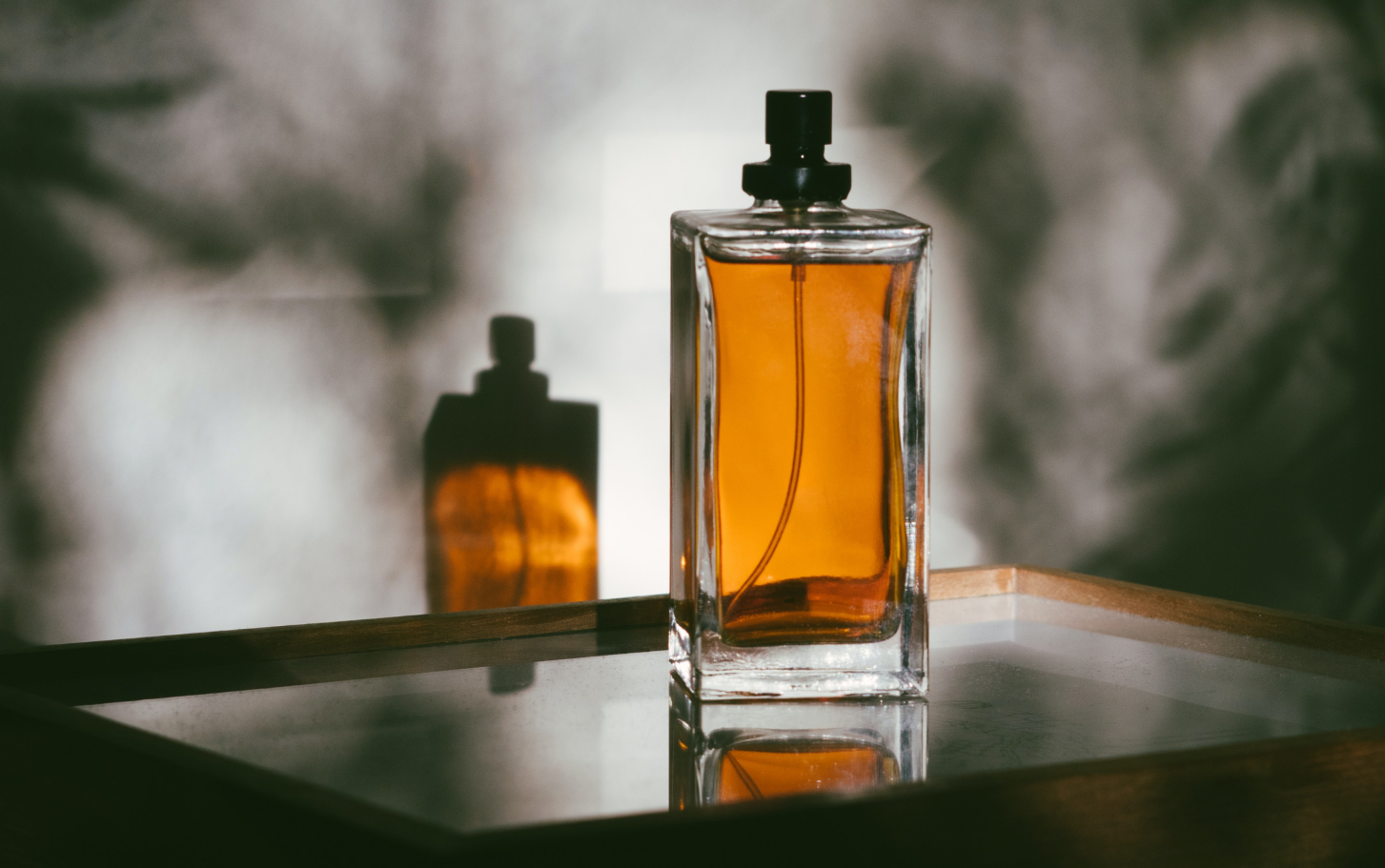How to Tell if a Perfume Has Expired: Signs and Solutions
How to Tell if a Perfume Has Expired: Signs and Solutions
Blog Article

Perfume is more than just a fragrance; it’s an extension of your personality and an essential part of your daily routine. However, like most things, perfumes have a shelf life. Knowing when your perfume has expired can save you from the disappointment of a ruined fragrance experience. Whether you’re using a signature scent or a versatile unisex fragrance, recognizing the signs of expiration and taking steps to prolong the life of your perfume is essential.
This article will guide you through identifying expired perfumes, understanding why they go bad, and discovering ways to keep your scents fresh for as long as possible.
Do Perfumes Expire?
Yes, perfumes expire, although their lifespan can vary significantly depending on their composition, storage conditions, and usage. Most perfumes last three to five years, but this is a relatively easy rule. Factors such as the quality of ingredients, the type of fragrance, and whether it is an oil-based or alcohol-based scent can all impact its longevity.
Unisex fragrances, often crafted with balanced and subtle ingredients, may age differently than strongly masculine or feminine scents. It’s important to pay attention to changes in smell and appearance to determine if a perfume has expired.
Signs That Your Perfume Has Expired
1. Change in Scent
One of the most noticeable indicators of an expired perfume is a change in its smell. A fresh perfume will maintain its original notes, whether floral, woody, or citrusy. However, over time, the scent may become sour, metallic, or overly sweet due to chemical changes in the ingredients.
For example, if your once-crisp fragrance now smells overly musky or spicy, it may have passed its prime. The breakdown of essential oils or alcohol can alter the fragrance profile, making it less appealing or completely different from what you remember.
2. Color Changes
Perfumes often change color as they age, particularly when exposed to light and air. A once clear or light fragrance may develop a yellowish or brownish hue over time.
While color changes don’t always indicate expiration, they are a warning sign that the perfume’s chemical composition is shifting. For instance, citrus-based perfumes or lighter unisex fragrances oxidize faster, leading to noticeable discoloration.
3. Texture and Consistency
Perfumes should have a consistent, smooth texture. If your perfume feels sticky, oily, or thicker than usual, it could be a sign that it has expired. These changes occur due to the breakdown of compounds within the perfume, especially if it has been improperly stored.
4. Cloudiness or Sediment
Another clear sign of an expired perfume is a cloudiness or visible sediment inside the bottle. High-quality fragrances are typically transparent, so any cloudiness or particles suggest degradation. This is particularly true for natural or artisanal perfumes, including unisex fragrances, which may lack stabilizing agents.
Why Do Perfumes Expire?
Oxidation
Oxygen is one of the biggest culprits in perfume expiration. When air gets into a perfume bottle, it reacts with the fragrance compounds, causing them to deteriorate. This process is accelerated by frequent opening and closing of the bottle.
Exposure to Light and Heat
Perfumes are sensitive to environmental factors. Prolonged exposure to light, especially direct sunlight, can cause fragrances to break down. Similarly, high temperatures can speed up aging, making a perfume lose its original scent profile faster.
Natural Ingredients
Like many fragrances, perfumes made with natural ingredients or essential oils often have a shorter shelf life because they lack synthetic stabilizers. While natural ingredients can provide a unique, authentic scent, they are more prone to oxidation and degradation.
How to Prolong the Life of Your Perfume
1. Store in a Cool, Dark Place
The best way to extend the life of your perfume is by storing it away from light and heat. A closet, drawer, or enclosed space with a stable temperature is ideal.
2. Keep the Bottle Tightly Sealed
Air is a major factor in perfume expiration. Always ensure the bottle is tightly sealed after use to minimize exposure to oxygen.
3. Avoid Frequent Spraying
While using your favorite fragrance daily is tempting, frequent spraying introduces more air into the bottle, accelerating oxidation. To make your perfumes last longer, rotate between multiple scents.
What to Do with Expired Perfumes
If you discover a perfume has expired, don’t immediately throw it away. Expired perfumes can still be used in creative ways:
- As a Room Freshener, Spray the scent in small quantities around your living space for a subtle fragrance.
- For Decorative Purposes: Beautiful perfume bottles can serve as elegant decor pieces, even if the fragrance inside is no longer usable.
- DIY Projects: Use expired perfumes in homemade candles, potpourri, or a scent booster for cleaning products.
Conclusion
Perfumes are an investment in personal expression, and proper care can ensure they remain a part of your routine for years. Whether you favor a floral women’s perfume, a robust men’s cologne, or a balanced unisex fragrance, understanding the signs of expiration and how to store your perfumes can help you get the most out of your collection.
By paying attention to changes in scent, color, texture, and consistency, you can easily determine if your perfume has expired. With simple storage practices, you can keep your favorite fragrances fresh, extending their life and preserving their essence. After all, a well-maintained fragrance collection is a testament to your style and sophistication. Report this page